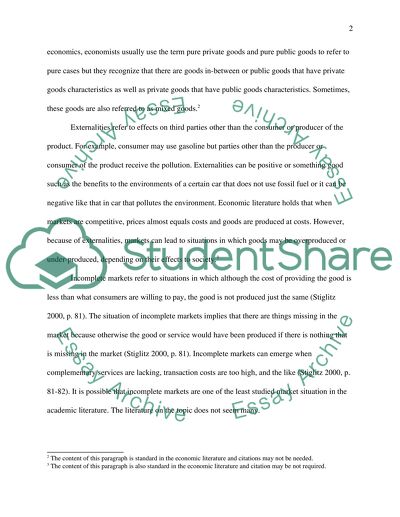Cite this document
(“Market failure and what government can do Essay”, n.d.)
Retrieved from https://studentshare.org/macro-microeconomics/1414292-market-failure-and-what-government-can-do
Retrieved from https://studentshare.org/macro-microeconomics/1414292-market-failure-and-what-government-can-do
(Market Failure and What Government Can Do Essay)
https://studentshare.org/macro-microeconomics/1414292-market-failure-and-what-government-can-do.
https://studentshare.org/macro-microeconomics/1414292-market-failure-and-what-government-can-do.
“Market Failure and What Government Can Do Essay”, n.d. https://studentshare.org/macro-microeconomics/1414292-market-failure-and-what-government-can-do.


